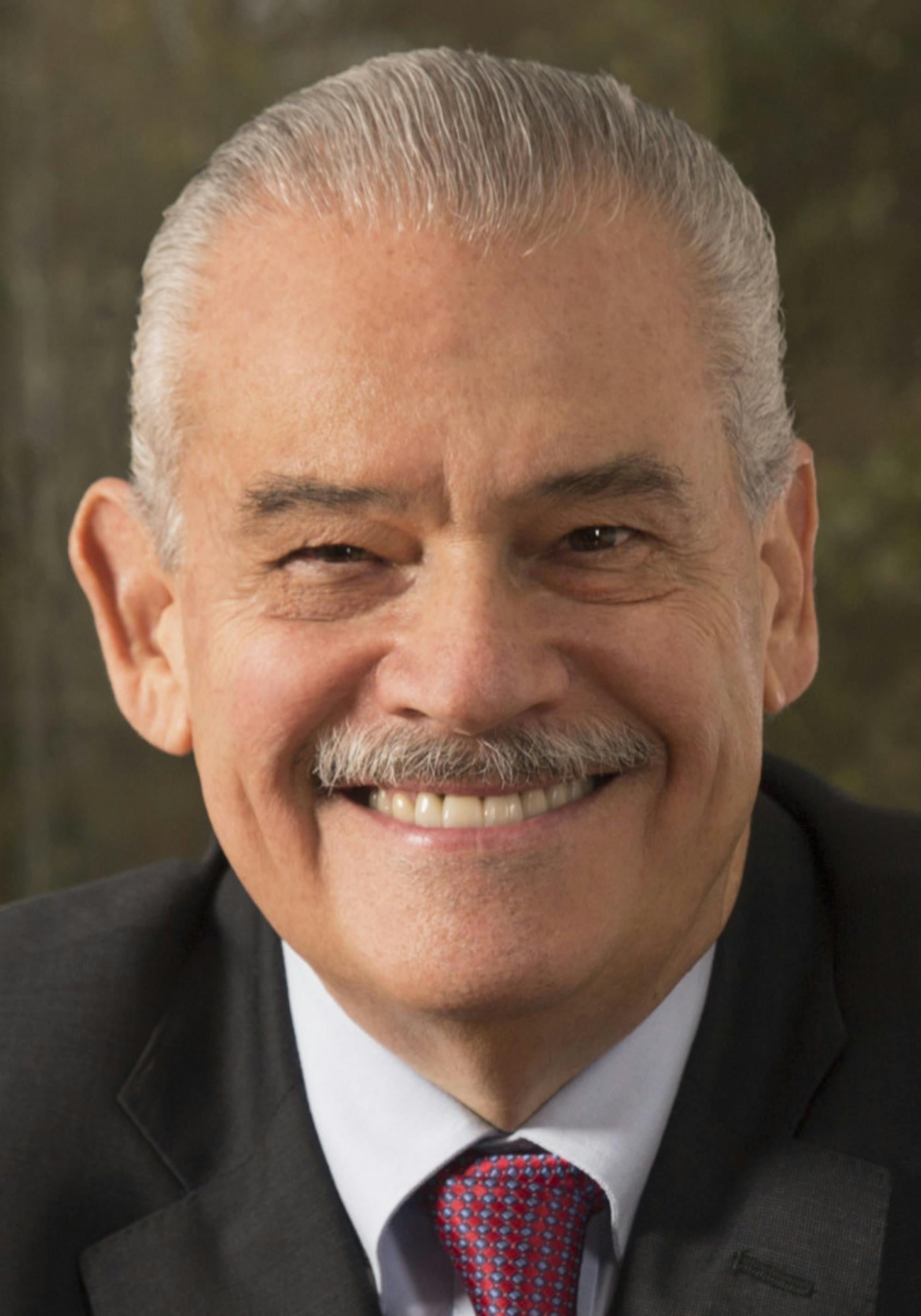Miguel Basáñez, former professor at The Fletcher School of Law and Diplomacy, will begin his first day in office today as Mexico’s new ambassador to the United States.
Basáñez, who has been at Fletcher since 2008 as the director of the Judicial Reform Program and an adjunct professor, succeeds former ambassador Eduardo Medina Mora. Mora left the position in March to join Mexico’s Supreme Court, according to an announcement made by Mexico’s Foreign Relations Department on March 10.
Basáñez said he hopes to increase awareness about various elements of the crucial relationship between the U.S. and Mexico. He also expressed his desire to ease complicated public perceptions of Mexico, especially in the U.S., which isMexico's largest commercial trade partner and the destination of many immigrants seeking work.
“The relation between Mexico and the U.S. is one of the most intense relations in the world because of our huge border,” he said. “In social terms, the interaction is huge ... I’d like to try to educate the public in the U.S. [about the fact] that we could build a much more easygoing partnership."
Basáñez explained that 50 percent of the families in Mexico have a relative working or living in the United States, and that the one million Americans who live in Mexico make up the largest populations of Americans living abroad. He also emphasized the magnitude of the economic relationship between Mexico and the U.S., explaining that Mexico is America's third-largest commercial trade partner and the U.S. is Mexico’s largest trade partner.
“About 80 percent of Mexico’s trade is with the U.S., so economically speaking, it [is] huge,” he said.
In preparation for his role as ambassador, Basáñez said he has been talking to business leaders, governors in Mexico, U.S congressmen and academics about the U.S.-Mexico relationship.
“The dialogue is so diverse, and with so [many] people, the ambassador cannot take charge of the whole thing on his own,” he said. “If I could recruit [hundreds of] top leaders in Mexico to help me improve the dialogue with top leaders in the U.S., I think that’s going to be a good thing.”
Basáñez has also been bracing for the 2016 American presidential race, in which the strong focus on immigration, and the inflammatory language sometimes used by candidates when discussing related issues, have demonstrated the serious impact that the election could have on U.S.-Mexican relations. Still, Basáñez said he is not worried.
“Mexico has to be wide open to whatever the American public [decides],” he said. “Campaigns begin and then the rhetoric goes to the extremes, becomes very polarized...but as the time passes, the rhetoric has to moderate and come closer to the center, so we should not overreact.”
Prior to joining Fletcher, Basáñez worked with the Mexican government from 1968 to 1988, serving in roles such as the attorney general of Edomex, also known as The State of Mexico, Mexico's most heavily populated state. Afterwards, he became a pollster and conducted the first independent polls that surveyed the whole Mexican electorate instead of just the political elite, according to an article in The Guardian.
“I am guilty of having introduced public opinion polling for elections in Mexico,” Basáñez quipped.
According to a story in the Associated Press, some analysts questioned why the ambassadorial post was vacant for a period of 6 months following Mora’s departure. Basáñez explained that many factors led to the delay in his appointment.
“Mexico held… midterm elections back in June, and that was a very important turning point for the administration,” Basáñez said. “[The president] was trying to accommodate the whole political position.”
Basáñez added that a similar delay occurred when President Obama appointed Roberta Jacobson (F ’86) as ambassador to Mexico in June2015.
“[She] already went through the senate and hasn’t received full confirmation, but that should happen any moment,” he said.
There have also been questions about Basáñez's connections to the political elite in Mexico and his lack of diplomatic experience, but Dean of the Fletcher School James Stavridis expressed his confidence in Basáñez as a diplomat.
"Ambassador-select Basáñez is an excellent choice as the chief Mexican diplomat in Washington DC,” Stavridis told the Daily in an email. “He has been a superb member of our faculty here at The Fletcher School of Law and Diplomacy, and we are very proud of his work here over the past years.”
After his stint as ambassador, Basáñez hopes to return to Tufts and academia.
“It’s a great honor and responsibility to be in charge of the embassy,” Basáñez said. "I would love to return to Fletcher, of course. I have enjoyed my time here very much."
Fletcher School professor named Mexican ambassador to US

New Mexican Ambassador to the United States Miguel Basáñez worked at Fletcher since 2008.





